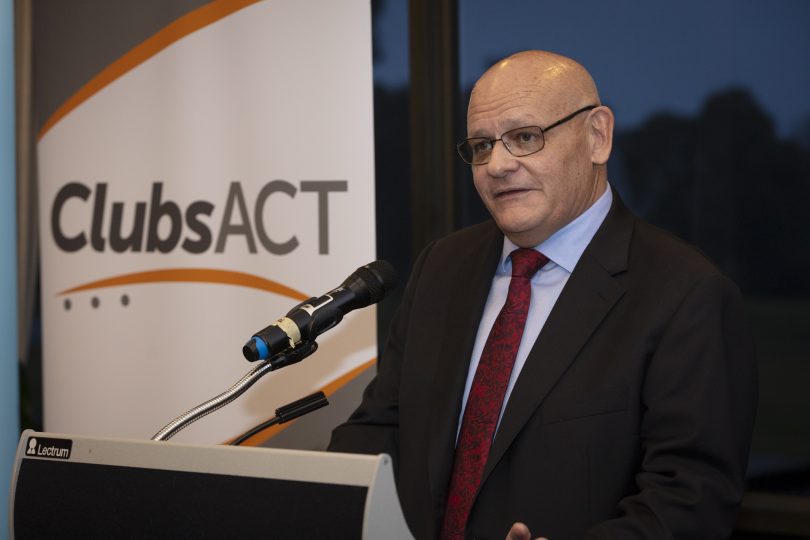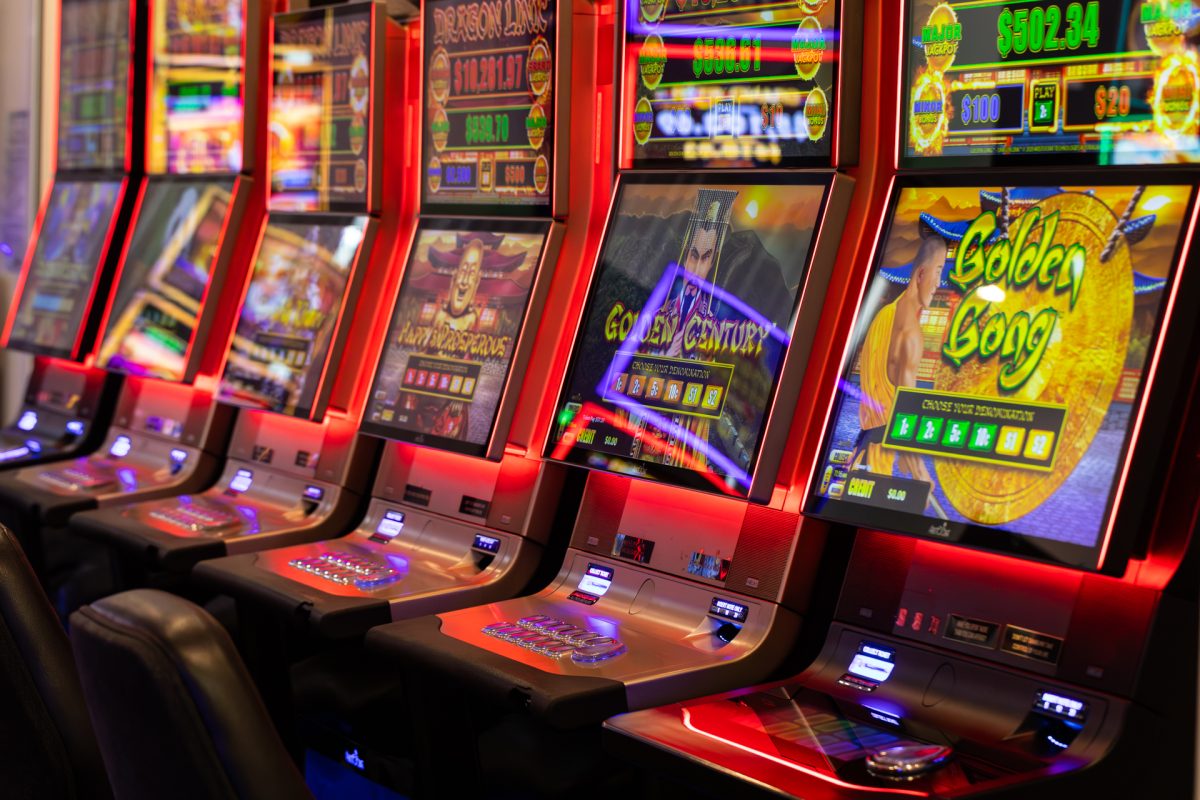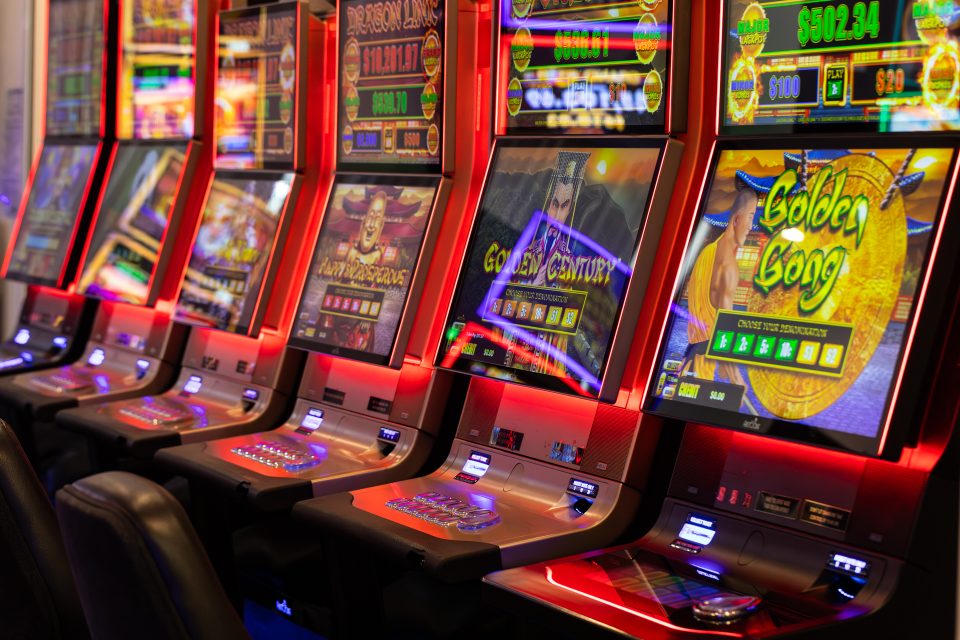
Clubs ACT CEO Craig Shannon says it’s shameful how “anti-gambling advocates catastrophise the issue”. Photo: Thomas Lucraft.
The ACT clubs industry has hit back at claims it has suffered no losses in revenue from the removal of poker machines from its venues, and says the government should look elsewhere if it wants to seriously tackle gambling harm.
A research paper, released this week by the ANU’s Centre for Social Policy Research, looked at electronic gaming machine (EGM, or ‘pokies’) usage across the ACT between 2016 and 2024 and how various government policies over that time affected it.
Since 2016, two successive terms of government have attempted to slash the number of EGMs across the ACT from 5000 to 3500, in a bid to reduce “gambling harm”.
Measures included carrot approaches like paying venues $20,000 to become “pokie-free”, but also a stick, in the form of the Gaming Machine (Compulsory Surrender) Amendment Bill 2024 which will allow the government to force venues to surrender EGM licences come May 2025.
However, the paper found these measures had only led to existing machines being use “more intensively”, with no evidence of any change to the amount of money coming in.
Around $176 million was spent on pokies across the ACT in 2015, which grew to $188 million in 2024, leading the authors to conclude venues “have not lost revenue”.
In response, ACT Chief Minister Andrew Barr said the study needed to be viewed in light of population growth and inflation since 2016 rather than “just using a strict assessment of dollars spent on poker machines”.

The cost of a poker machine ranges between $20,000 and $40,000 before licensing fees. Photo: Michelle Kroll.
In response to questions from Region, ClubsACT broadly agreed and argued it had lost EGM revenue over the past 11 years, but added dollar figures were a clumsy way of judging the prevalence of gambling harm.
“The travesty revealed by the report is the academics use of club ‘revenue’ being used as a ‘proxy’ indicator for gambling harm, which in and of itself is ridiculous, counter-productive and poorly evidenced,” CEO Craig Shannon said.
“Even by the government’s own estimates as a percentage of the population, people with a gambling problem are small in number in the ACT. It’s shameful the way some anti-gambling advocates continue to catastrophise the issue in the ACT.”
According to a 2014 survey, cited by the ACT Government’s “gambling harm prevention strategy”, 15,000 Canberrans experience harm from their gambling (5.4 per cent of adults) and 43,000 (16 per cent) have had a family member with gambling issues.
“The only truth revealed in the ANU report is that we have been subjected to non-evidence based policy that is having little if any value in terms of harm minimisation in real terms,” Mr Shannon said.
He said online gambling was emerging as “the growth market of real concern” while in-venue gambling was “just low hanging fruit for those seeking publicity and political opportunism”.
“We want the ACT to continue to lead Australia in gambling harm prevention but that will not be achieved through machine prohibition as some advocate,” Mr Shannon said.
“That model punishes casual gamblers who participate for entertainment whilst encouraging problem gamblers to move online or cross the border to NSW.”
According to a ‘National Gambling Trends Study’ released by the Australian Institute of Family Studies in October last year, among Australian adults who reported gambling regularly on pokies, the majority reported also gambling on lottery games (81.2%), instant scratch tickets (67.4%), horse racing (62.7%), sports events (55.9%) and keno (53.4%).
ACT Labor has promised to further cut the number of pokies in the ACT to 1000 by 2045, while also targeting online gambling, but didn’t confirm what these measures would look like.
The ACT Greens want to go even harder, by bringing this deadline forward and introducing a monitoring system which would limit losses.
